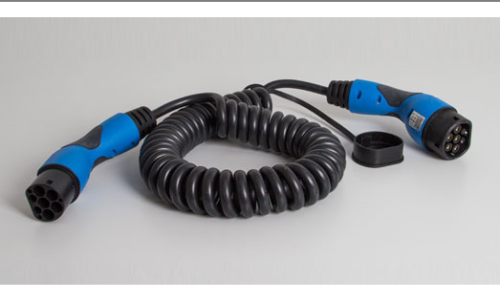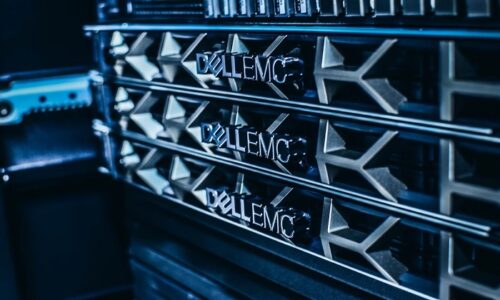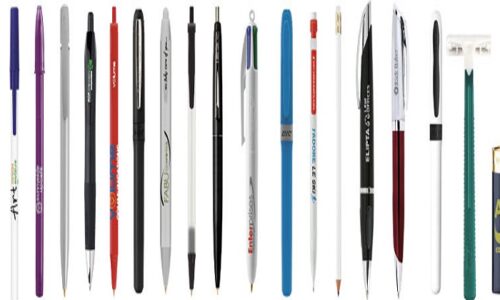
In the last decade, the scope of smart gadgets has gone way beyond mobile phones. While smartphones are the norm now, other devices like refrigerators, watches and fitness bands, security systems and fire alarms, and even door locks are becoming smarter. The Internet of Things (IoT) has given us the means to connect the physical objects in our environment to the digital world. This technology is nothing less than a gateway to transform and simplify our lives.
Besides, everything can now be connected to applications. Through IoT Application development, we are able to give a user interface to control the IoT devices. Software development companies use various platforms as a medium to connect devices and applications. These platforms are integrated development environments that are combined with various other tools. this facilitates app development making it easier for developers to create user interfaces for the app. Each IoT vending firm has improved its platform with the tools that might be used to speed up the creation of IoT mobile applications. The suppliers are always attempting to improve the output and performance of their IoT platforms and lessen the challenges experienced by developers when creating a well-structured application.
Why is it important to choose an appropriate IOT Platform?
Choosing an IoT platforms becomes extremely important when it comes to IOT mobile app development. The main reason for this is that they offer the ideal environment for both the front end and the back end of an application’s development. These platforms majorly focus on the collection, analysis, and operation of data. They gather data generated by the devices and maintain their flow.
There are multiple types of IoT platforms.
- IoT Connectivity Management Platform
These types of IoT platforms mainly pivot on the networking component of the IOT System. These platforms focus on the supply of hardware elements such as modules on boards (MOB), integrated circuits (I.C. ), and microcontrollers. They also look after the required data directly to keep their gadgets online. Their networks often depend on already-available carrier services and Wi-Fi, configuring the connection to make IoT deployment simple.
- IoT Device Management Platform
These platforms keep you informed about the condition of your equipment and make sure that everything is linked and safe. Platforms for device management update the firmware, alert you to device changes, track metrics, and fix vulnerabilities. No matter how many devices you have, this type of IoT platform will assist you with your normal responsibilities.
- IoT Cloud Platform
Cloud platform offers a fundamental foundation for data processing and storage. It also provides crucial assistance for an application’s backend. It does that by providing a location for the data involved in backend processes to exist and operate. The capacity to scale is one of the main advantages of cloud platforms. No matter how tiny you start, a cloud platform can expand along with you and your IoT system.
- IoT App Enablement Platform
These platforms enable the user to retain all requirements for staying connected and monitoring the operation of the IoT Platform. They provide you with IoT system development, software, hardware, and deployment services. They serve as a one-stop shop for launching your system, saving you the time and effort of having to coordinate hardware engineering, network configuration, and developer management yourself.
- IoT Advanced Analytics Platform
These platforms are central for heavy utility and data-driven IoT systems. They help in interpreting the gathered data and taking appropriate actions on it. The systems that consume data instead of performing tasks like machine learning, artificial intelligence, statistical modeling, and mass data harvesting systems can be most benefitted from this platform.
How to pick the right IOT Platform?
When starting off, it’s crucial to choose the correct IoT platform. The cost and challenges of migrating to an IoT platform will increase with the size of your IoT system. You must choose a platform that not only meets your demands but also has the dependability and service to sustain you over time. It is advisable to partner with an IOT app development company that can help you in taking this decision.
Security, dependability, and ease of use are the three most crucial factors to take into account when choosing an IoT platform. In addition to this selecting the platform type that best meets your needs is also important. Your IoT system should be streamlined into a simple, manageable unit using an IoT platform. Since your IoT system will be collecting and transferring virtually mountains of data on your activities, security is also essential. Finally, dependability. Choosing a less costly IoT platform may result in immediate cost savings, but if their service is faulty, millions of devices will bear the consequences.
Some complex use cases of IoT might even need more than one type of IoT platform. A big IoT system may avoid getting overburdened by using a connection platform to keep devices online and an advanced analytics platform to ingest acquired data. Hence a lot of factors need to be considered while choosing the appropriate Iot platform/platforms to keep things running smoothly.




